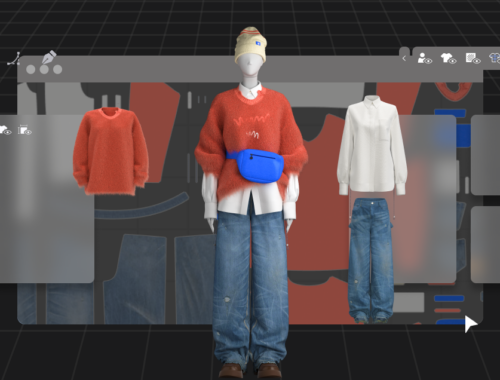Bernie Sanders: I Want To Know If Ordinary People Are Ready to Stand and Fight
The Independent U.S. Senator from Vermont Bernie Sanders has a hunch about the American electorate, but he says the only way to be sure is to go out and meet them.
It’s called the ‘Fight For Economic Justice Tour,’ but it’s really what the self-identified Social Democrat described earlier this year as his attempt to travel the country in order to gauge the country’s hunger for a grassroots ‘political revolution’—couched in a possible presidential bid—to challenge the economic inequality and corporate malfeasance that have severely wounded the nation’s democracy and are strangling its promise of shared prosperity.
Sanders was in Raleigh, North Carolina on Wednesday night to receive an award from the American Legion, but what many understood as a political stop designed as a prelude towards a possible presidential run in 2016. On Thursday the senator is scheduled for a town hall event in Columbia, South Carolina and after that, an event in Jackson, Mississippi on Friday.
“I want confirmation of what I believe is true…. that all over this country—in so-called Red States and in so-called Blue States—people are profoundly disgusted about what is happening and that they want real change.” —Sen. Bernie Sanders
Earlier this week, Sanders confirmed that he will also be making upcoming visits to both Iowa and New Hampshire—two political bellwether states—and he has spent the last several months making it clear that he is “strongly considering” a possible primary challenge to the expected Democratic Party front-runner Hillary Clinton.
So what’s the purpose of all this travel?
“This is about seeing whether ordinary people are prepared to stand up and fight and create a political revolution in the sense of what we have not seen in a very long time,” Sanders declared on Wednesday.
In an interview with the Charlotte Observer on Wednesday, Sanders stated his position that economic inequality and the everyday suffering of ordinary people is at the core of his thinking on the country’s current situation. “The main issue that I have is that in America today the middle-class is disappearing while the gap between rich and poor is growing wider,” he said. “We need more people in politics working for ordinary people and not just the top 1 percent.”
Sanders said he remains under no illusions that a run against someone like Hillary Clinton would be an uphill slog, but that he’s not shy of the challenge. “I think the average American is a lot more frustrated with the establishment than a lot of people perceive,” he told the Observer. “I think there’s receptivity for voices that are going to speak for a working class that is being battered.”
During his remarks on Wednesday, according to the North Carolina-based Progressive Pulse, “Sanders highlighted the nation’s dramatic rightward policy shift over recent decades by reading at length from the 1980 national Libertarian Party platform under which David Koch was a candidate for Vice President. The senator then explained how many of the once-radical right policies that Koch had advanced at that time (e.g. the demise of the social safety net, the end of campaign finance regulations) were now considered mainstream conservative values.”
Sen. Sanders also appeared on MSNBC’s The Ed Show on Wednesday evening to discuss his thoughts on where the country is at politically and whether or not a presidential run is in his future. Watch:
Asked by the host to put his current and upcoming travel plans in context and explain their purpose, Sanders responded: “Number one, I want confirmation of what I believe is true.” Touching on the issues of wealth inequality, lack of universal access to health care, he said, “I believe that all over this country—in so-called Red States and in so-called Blue States—people are profoundly disgusted about what is happening and that they want real change.”
Sanders said that even in predominantly Republican-controlled states like South Carolina and Mississippi, he believes people there want to hear politicians willing to say, “Enough is enough– the Billionaire Class can’t have it all. The middle class has got to get some of it.”
SCROLL TO CONTINUE WITH CONTENT


